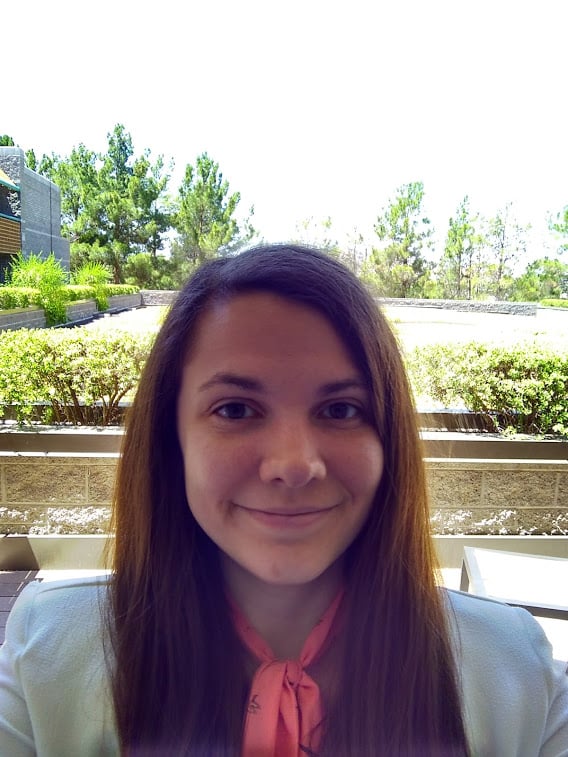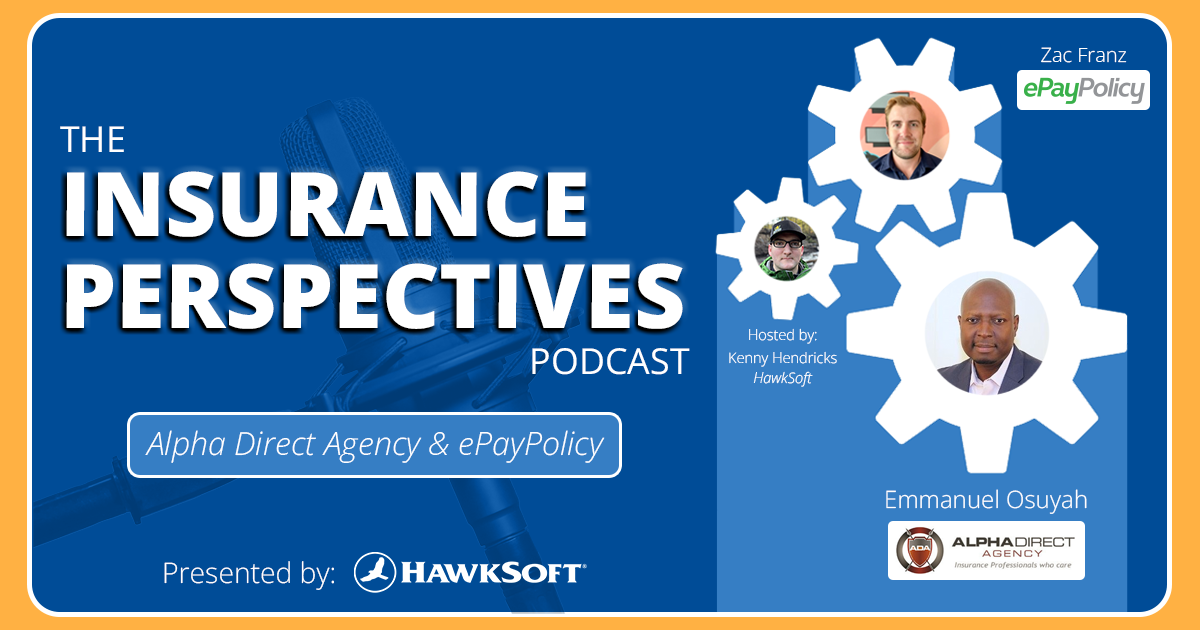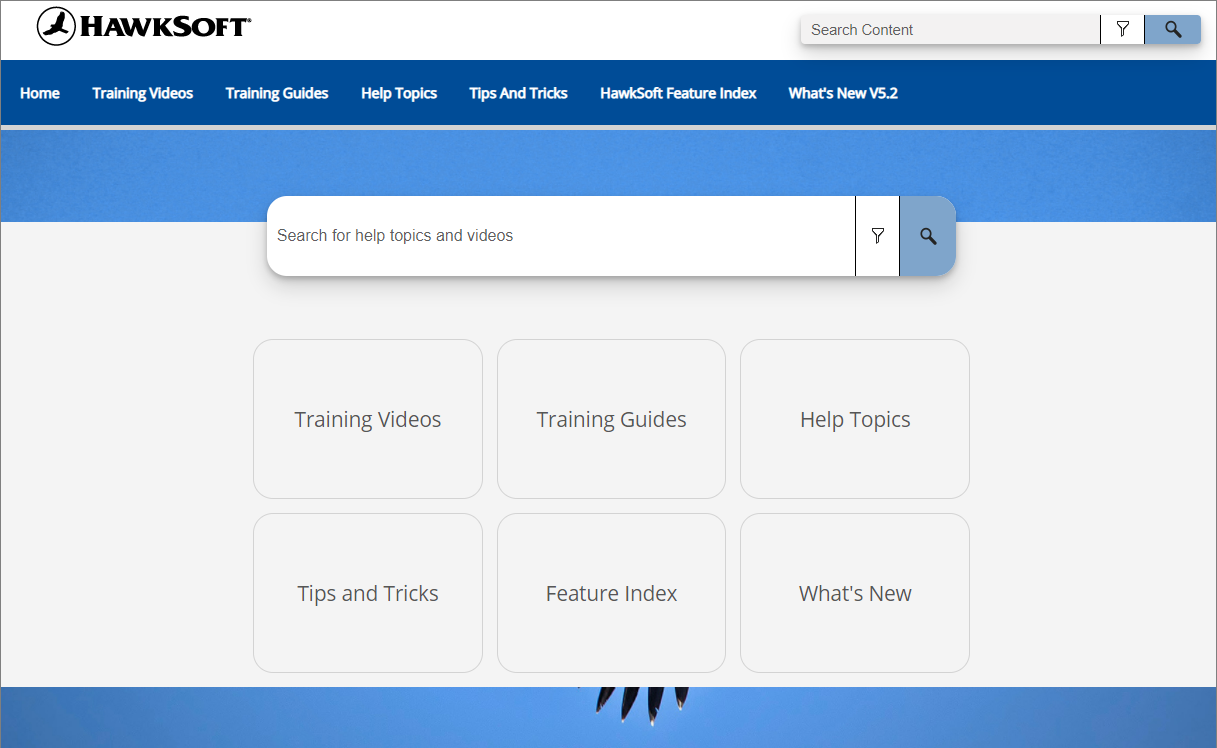It’s no surprise to independent insurance agencies that personal lines are being severely impacted by the current hard market. With fewer personal lines opportunities available, agencies are considering ways to step into new revenue streams, including commercial lines. For agencies that primarily deal with personal lines, moving into the commercial space can feel overwhelming, but with some strategy and preparation it can be a valuable growth opportunity for any agency.
We talked to Mike Rice, principal of American Heritage Insurance Group and The Insurance Connection in Ohio, to get some tips on what personal lines agencies should be aware of when starting out with commercial lines.
In this article:
- Look for commercial lines education programs
- Choose an area of focus
- Build a program for your niche
- Develop a sales campaign
- Measure your success - but be patient!
- Start your next program
Getting started with commercial lines
 Mike’s focus as a master agency for SIAA (an independent agent alliance) is to help the member agencies in their group branch out into the commercial space. “We all know personal lines business keeps our agencies open,” Mike says, “but the opportunity to make additional income and grow your business in a different way is in the commercial space, and a lot of agents are just afraid to do it.”
Mike’s focus as a master agency for SIAA (an independent agent alliance) is to help the member agencies in their group branch out into the commercial space. “We all know personal lines business keeps our agencies open,” Mike says, “but the opportunity to make additional income and grow your business in a different way is in the commercial space, and a lot of agents are just afraid to do it.”
If your agency isn’t sure where to start, we’ve outlined some of Mike’s recommendations for building a successful strategy for selling commercial lines.
Look for commercial lines education programs
Mike’s first point of advice is to build a solid foundation by looking for an educational course or program tailored specifically toward marketing and selling commercial lines. He suggests asking your insurance company marketing reps to see if they have sales and marketing classes on commercial insurance. Also, if you are part of a network of independent agents or a member of an agent association or other similar organization, check with them to see what programs and resources they have available.
“In SIAA, we have a training program called Business Insurance Advantage that takes a member through the concept of how to get started,” he says. “We work alongside them and help them pull their ideas together and then execute it. They have to do it themselves, but we give them the tools and hold them accountable so that they can be effective in marketing and selling commercial insurance.”
The commercial arena can be a very different beast than personal lines, and taking the time to prepare and educate yourself before jumping in can make a huge impact on your success.
Choose an area of focus
Commercial lines encompass a vast and diverse range of businesses, and Mike points out that the best way to be successful in commercial insurance is to choose a specific niche to focus on. “The advantage of being a specialist is it becomes very familiar,” he says. “You're going to quote with the same insurance companies. You don't have to figure out what you're doing every single time. Your staff becomes competent and familiar, and your marketing is so much easier because your target is very defined. So it's efficient, it's cost effective, it's a whole lot faster, and longer term you're more effective.”
Follow your interests
As for choosing your niche, Mike suggests starting with an area you’re already interested in or have experience or expertise in. “I always say start where your interests are, and think about the things you like to do, your hobbies, or what you know a lot about or want to know a lot about, and then begin to identify businesses that are related to that interest.”
Choose an area with good potential
Before finalizing your choice, Mike stresses the importance of doing your research to ensure you have (1) the insurance company products to support your niche, (2) a decent number of potential customers in the class of business you want to pursue, and (3) a relevant amount of premium for potential accounts. This will ensure it’s worth the effort you’ll put in to become an expert in that area.
If your scope of interest is too narrow, you may want to widen it to a broader area (if you’re interested in comic book stores, for example, you could widen your scope to all novelty stores to increase your potential customers). Mike points out that you might also need to widen your geographic area for commercial to additional counties or even states, as commercial lines generally have fewer potential customers.
Start small & simple
While agencies can be tempted to go after larger businesses from the start, Mike recommends beginning with small commercial accounts first to build up your expertise and credibility before looking for larger accounts. Focus on lines that can be put on a Business Owner Package (BOP) initially, which are standard and easier to write.
“The advantage of being a specialist is it becomes very familiar. It's efficient, it's cost effective, it's a whole lot faster, and longer term you're more effective.”
Build a program for your niche
To start producing for a new niche, your agency will need to develop standards and processes for writing this type of business. This will make selling these types of policies more efficient and easily repeatable for your agency. Here are a few tips from Mike on building a commercial program at your agency.
Do your research
Once you’ve chosen your area of focus, start by building up your expertise on the subject. “You need to understand the lingo, the nuances, and the coverages,” Mike points out. “The coverages are a little bit more complex [than personal lines] and sometimes you need to actually read a policy to understand. And if you don't feel you have the understanding you need, then find an educational program or speak to an underwriter to dig into the details of the coverages and understand them.”
Build a “Coverages Applicable” guide
Mike helps his member agencies create what he calls a “Coverages Applicable” guide, or a cheat-sheet that functions as a checklist of all possible coverages a business in your chosen niche might need. “Create those key questions that are necessary for you to get a proposal,” Mike suggests. This way you’re not re-inventing the wheel each time you have a customer, and you won’t let any potential coverages slip through the cracks. The guide should also include information about the possible carriers for these coverages, and guidance on how to best match different types of accounts to the best carrier.
Partner with your carriers on coverages
Mike points out that creating your program should be a joint effort with your carriers. “Your insurance companies all have written appetite guides, and they're all going to be a little different even on the typical accounts. With auto repair shops, for example, some will want to cover shops that have towing, and some will not. You need to understand what the guidelines are and what your companies want to write.” He recommends approaching this by asking your carriers which coverages or types of business they don’t want to write – this can help you develop the ideal customer demographics for your agency to target.
“Your insurance companies are all going to be a little different, even on the typical accounts. You need to understand what the guidelines are and what your companies want to write.”
Develop a sales campaign
Once you have a program prepared and a potential pool of prospects, you can create a sales campaign. One of the biggest differences between personal and commercial lines, Mike points out, is that personal lines customers are more likely to come to the agency, while for commercial the agency will need to be the one to seek out potential customers. He cautions that “you can’t just sit there and hope the phone rings.”
Create a prospect list
Start by putting together a list of potential customers in your area that fit your niche. You may be able to build this list by joining relevant groups, using membership directories, joining industry associations, or purchasing a list of businesses of a specific type. Mike recommends vetting this list to verify that each business is legitimate and fits your target demographics.
Contact your prospects
Once you have a target list, do some research to understand where they spend their time—what social media platforms do they use? What forums or groups are they part of? How do they like to be contacted? “You’ve got to figure out where they are and how you can connect to them, because they probably aren’t going to come to you,” Mike says. Focus your campaign on the platforms and contact methods that best suit your target group, whether that be phone calls, emails, in-person drop-ins, or social media.
Lather, rinse, repeat
Mike recommends running a campaign for about 6 weeks at a time, and repeating it on a regular basis – which he refers to as a lather, rinse, repeat process. You can take time between campaigns to focus on other things, analyze your success, and make tweaks to your next campaign, but it’s important to maintain a regular cadence to keep prospects in the pipeline.
Commercial lines tend to have a longer sales cycle than personal lines and are more focused around the renewal date, so consistency is the key to keeping your pipeline full. “It is really important that you figure out when policies come due with your prospects,” Mike says. “If you're constantly doing your campaign, you will build that pipeline, you will hit those X dates with the customers, and eventually you'll start connecting, quoting and creating proposals, and selling insurance.”
“If you're constantly doing your campaign, you will build that pipeline, you will hit those X dates with the customers, and eventually you'll start connecting, quoting and creating proposals, and selling insurance.”
Measure your success – but be patient!
Mike warns that personal lines agencies are often impatient to see success, or feel that they’re failing if they don’t see immediate results. He cautions that it may take up to a year to start selling policies, and 3-5 years before you build up a steady pipeline of referrals. “It takes a long time for the flywheel to get moving,” he says, “but once it does, you can keep it in perpetual motion.”
If you’ve sold only a handful of policies at the one-year mark, you may want to re-evaluate whether the niche is a good fit for your agency or region, and consider changing your focus or adjusting your marketing strategies. As far as measuring your success year-over-year, Mike recommends focusing more on your prospect pipeline in the beginning than your actual sales.
“I like to measure not the end result, but how many people you contacted, and out of that how many serious discussions you had with prospects,” he shares. “If you’re successfully moving people from lead to prospect, you’re going to have the sales. If you don’t see anything going from lead to prospect, you need to step back and see what’s not working, whether that’s the business class, your prospect list, or other variables.”
Start your next program
Once your niche program is stable, it will require less effort to maintain momentum—but that’s not the time to rest on your laurels. “Once your program is running you don’t need to put in as much activity because you’re known in the marketplace and referrals are contacting you,” Mike says. “Then you can start to focus on building up a new program. Successful commercial agents have two or three campaigns running simultaneously.” But it’s important to have one program developed and running smoothly before you expand and use more resources for a second and third commercial offering.
Mike’s agency has successfully developed around 15 niches over the years, including hotels and motels, non-profits and faith-based organizations, homeowners and condo associations, and developmentally disabled group homes and related care. He credits it to consistency and determination—akin to running a marathon, not a sprint. “You can’t just quit,” he says. “You’ve got to keep at it and not throw in the towel too soon just because it’s discouraging. You’ve got to have resilience and keep doing it, because you will eventually see success.”
See more on growing a commercial nicheMalena Farrell of Cedar Risk Management shares how she developed her brewery niche. |







